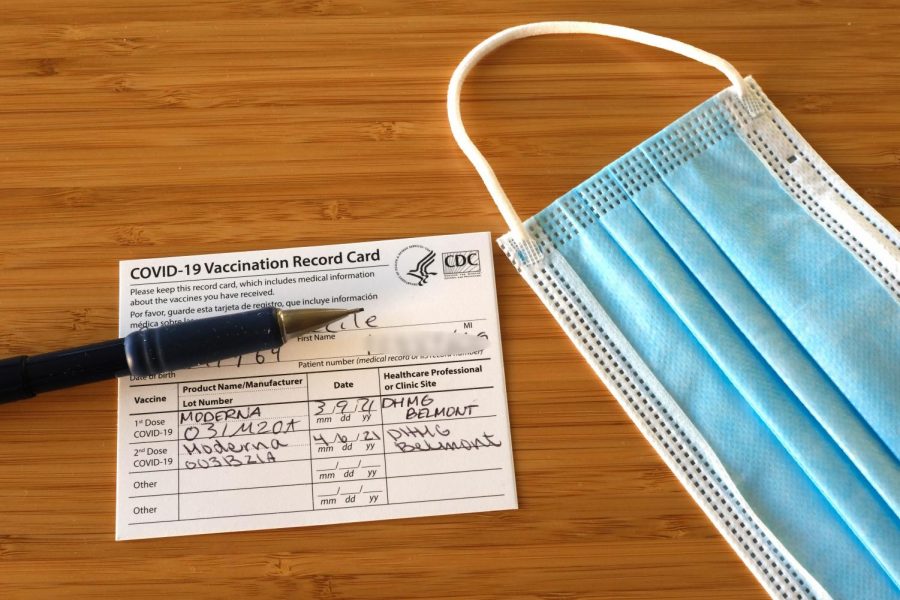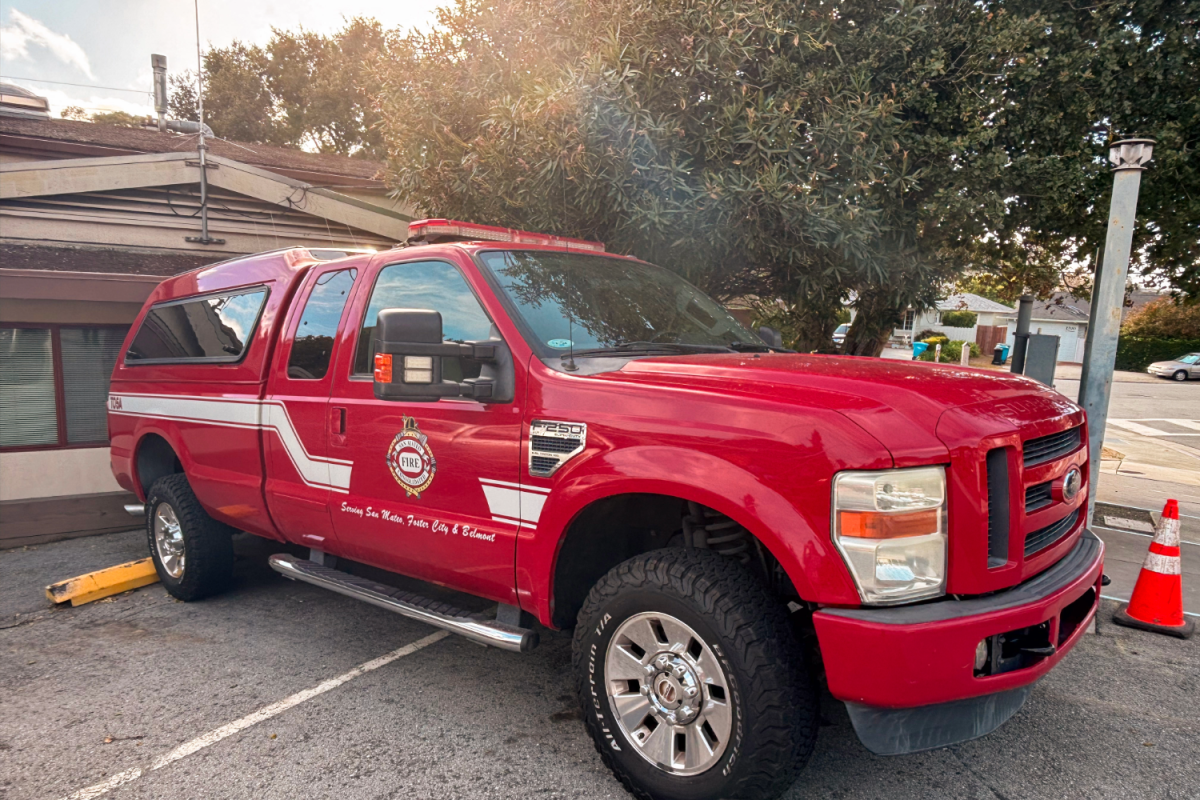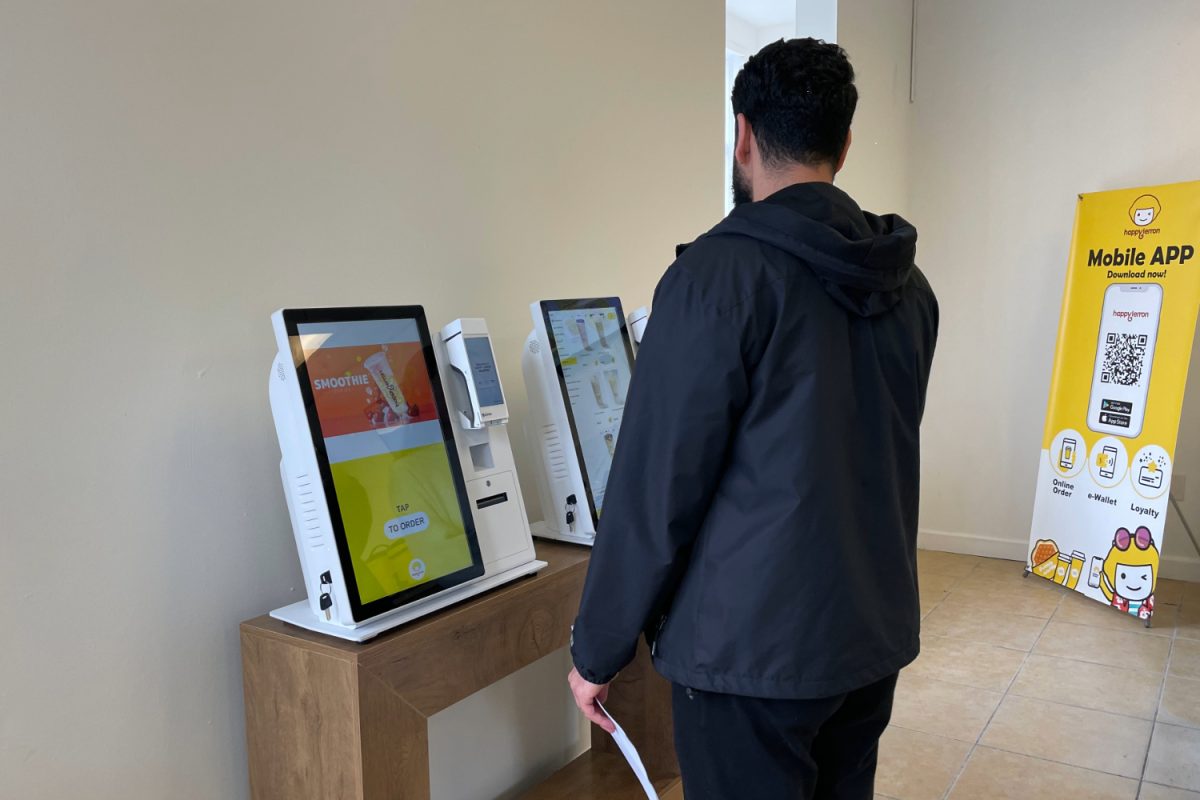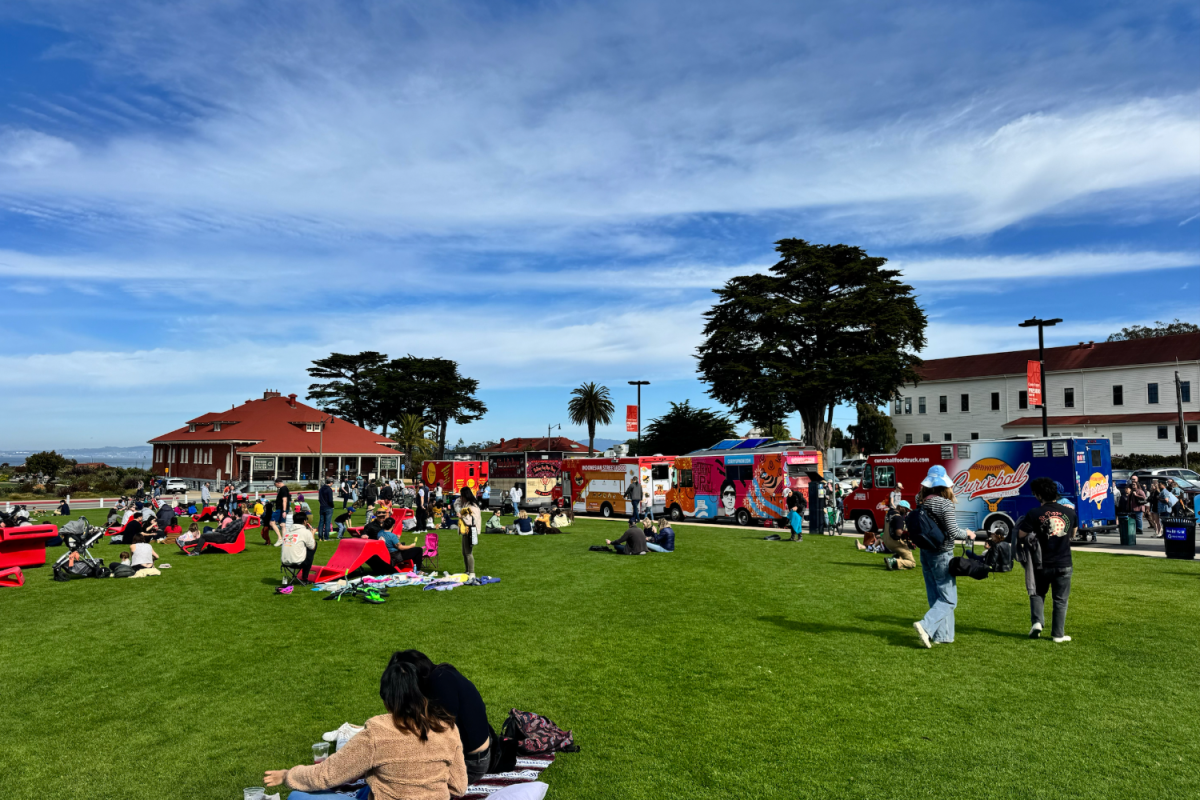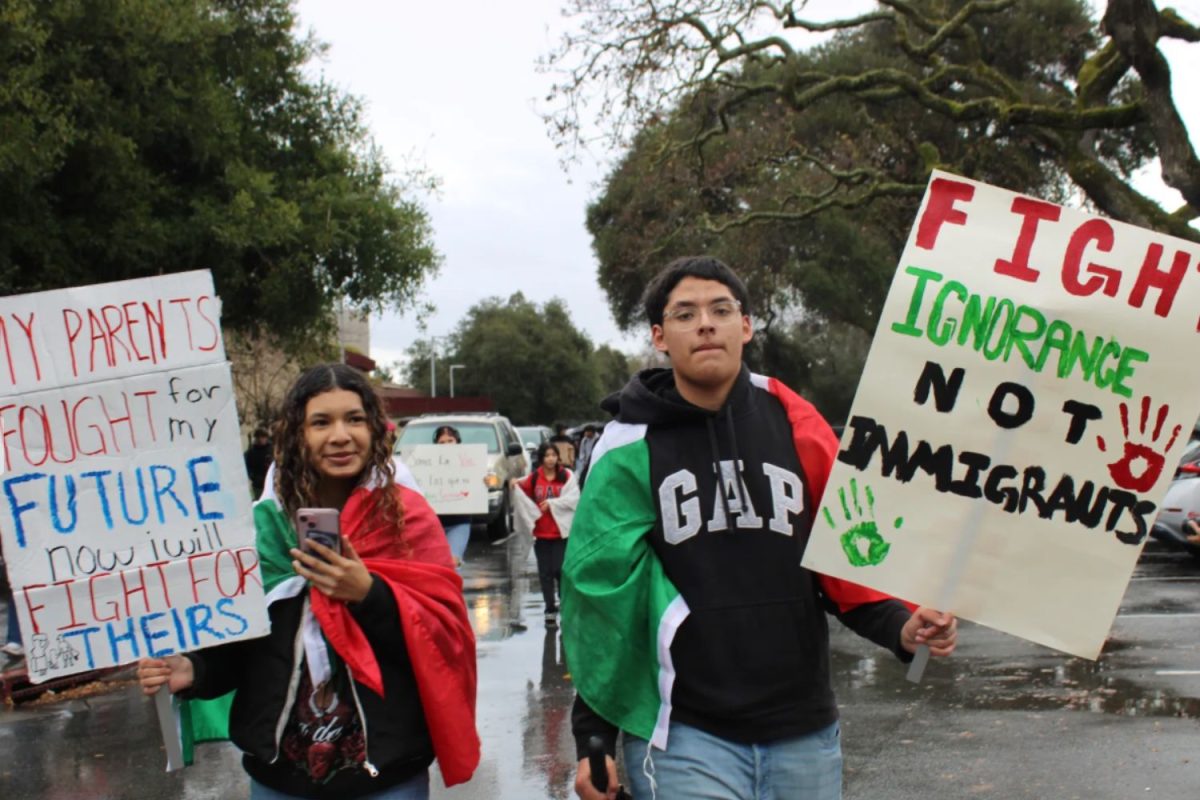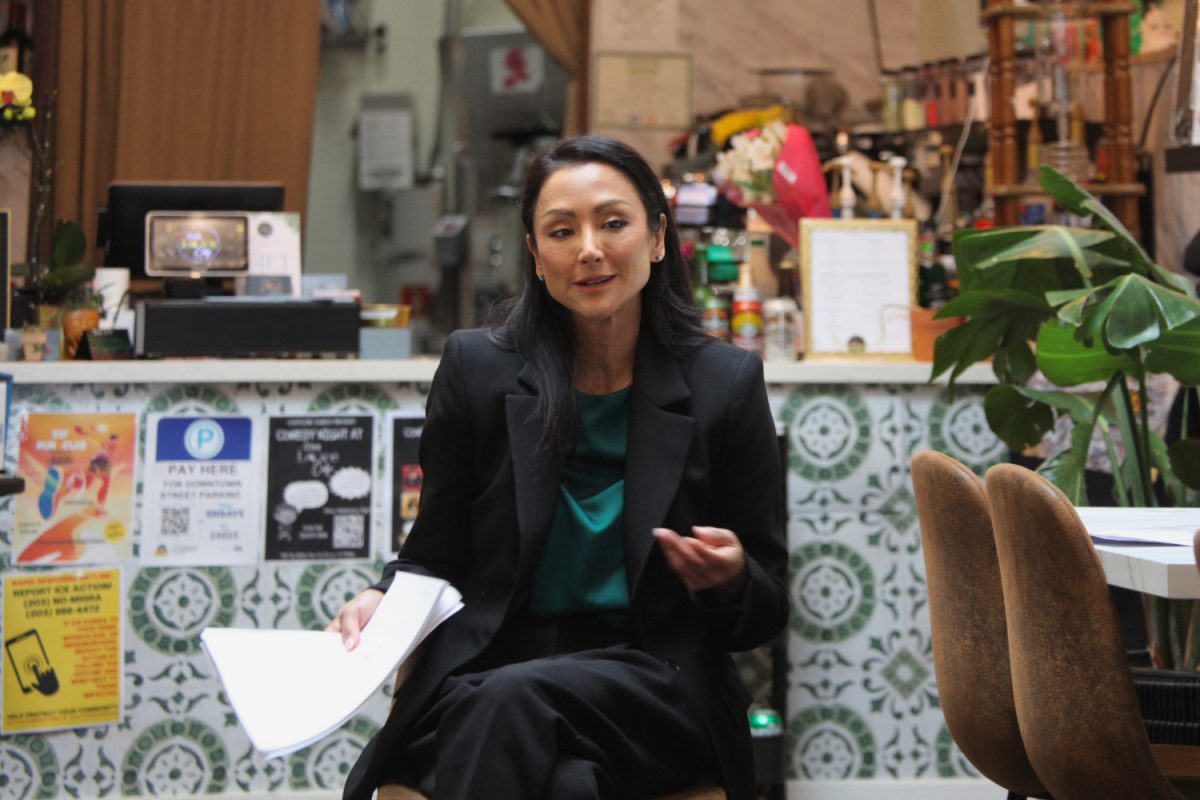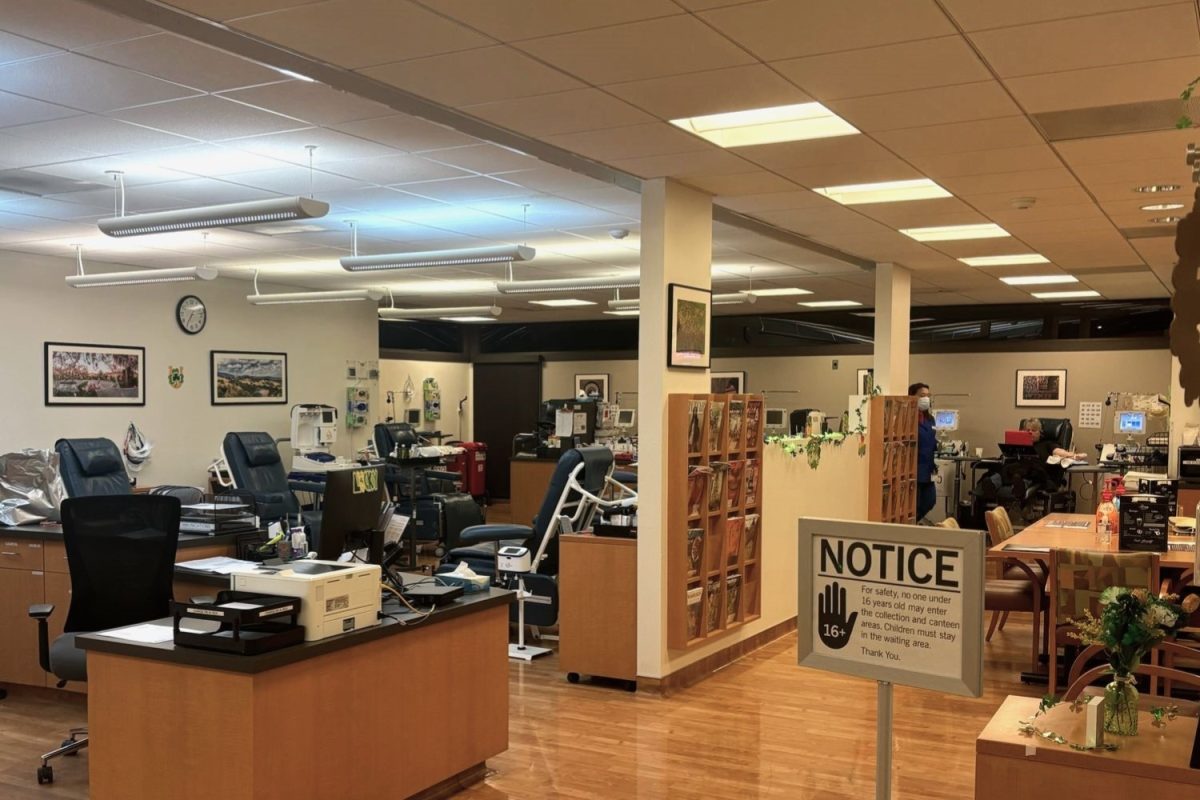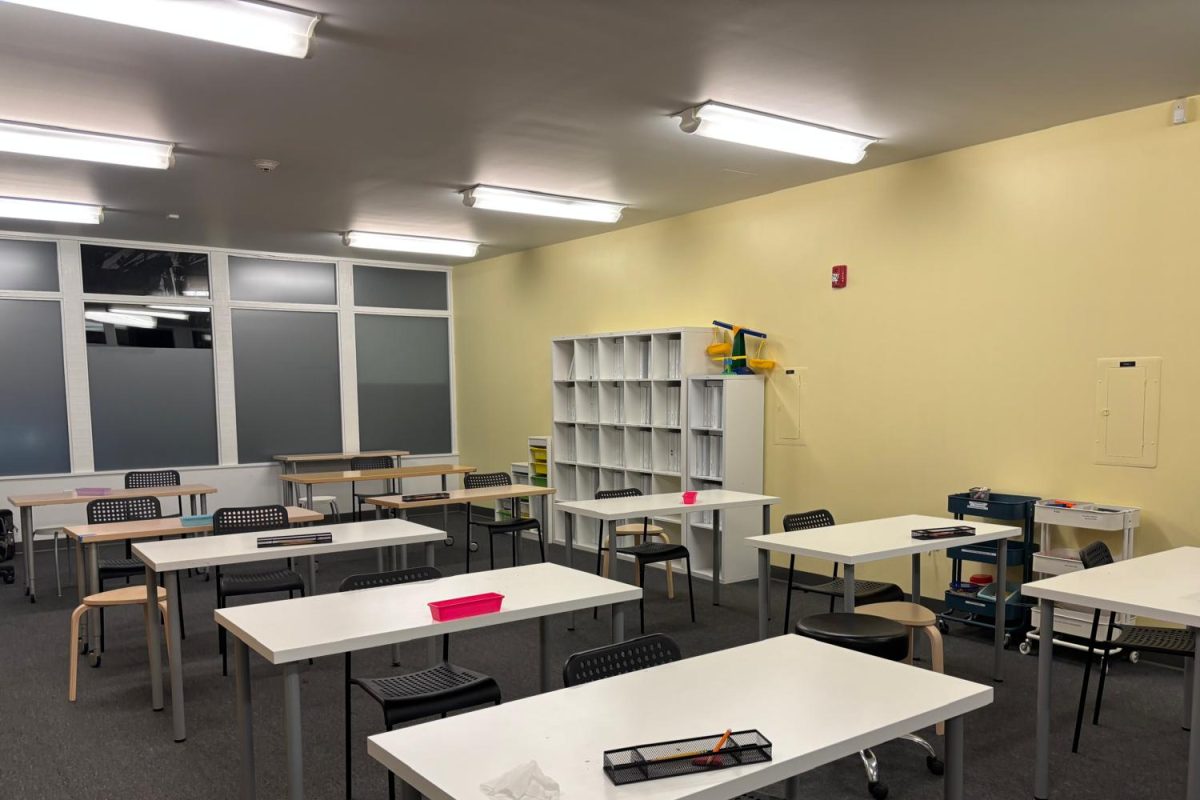President Joe Biden’s $1.9 trillion COVID-19 relief package aims to put the nation on a path to return to normal by providing vaccination for every adult in America.
“As a consequence of the stepped-up process that I’ve ordered and just outlined, this country will have enough vaccine supply, I’ll say it again, for every adult in America by the end of May,” Biden said.
The question remains how fast Americans will be looking to be vaccinated.
According to a Kaiser Health News poll, as of January 2021, about 40% of Americans want the vaccine as soon as possible, with another 38% waiting to see its effects or only getting it if required. The vaccine may or may not be an urgent necessity for everyday Americans.
With summer coming up, some people might want to get the vaccine soon because travelers will likely need to show proof of vaccination. The European Union is already legitimizing the use of a “vaccine passport,” and the Biden administration announced plans to create a program for travel as well.
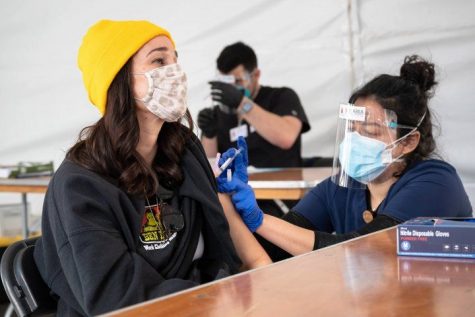
But if staying home is an option, the vaccine may not be as appealing.
“As a student, I’m able to stay at home, so I’m in no hurry to be vaccinated. If it becomes available, I will gladly take it, but I’m not too concerned,” said Jacob Linares, a sophomore.
On the other hand, who you live with at home may influence whether you get a vaccination.
Resident Scott Mello lives with his father, who recently underwent a double lung transplant surgery. Mello was vaccinated a month before vaccines were readily available in the U.S. due to his father’s condition.
“It was indispensable for me to be vaccinated early. Even if my dad is vaccinated, COVID to him is still extremely dangerous,” Mello said.
Returning to work is another reason people will choose to be vaccinated. The Centers for Disease Control and Prevention (CDC) has continually accentuated the increased risks of being around more people, and most jobs require in-person contact.
According to CNBC, employers report that two in five workers will be working remotely at the end of 2021. While some businesses and organizations will still have remote workers, others are looking to administer vaccines so that workers may safely return.
For example, NASA Ames in Silicon Valley recently released their priorities for vaccination.
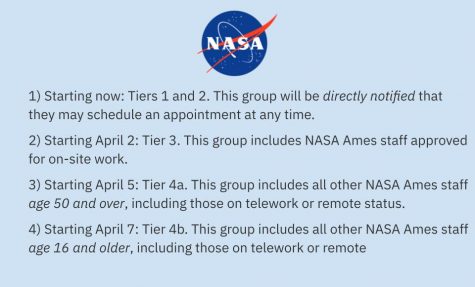
“The priority for these appointments aligns with the NASA vaccine priority tiers, which are based on risk to NASA’s mission and protecting those required to work on-site for essential and critical work,” said NASA Ames Center Director Eugene Tu.
Hopefully, regardless of one’s situation, the vaccine will usher in a new sense of safety for America.

